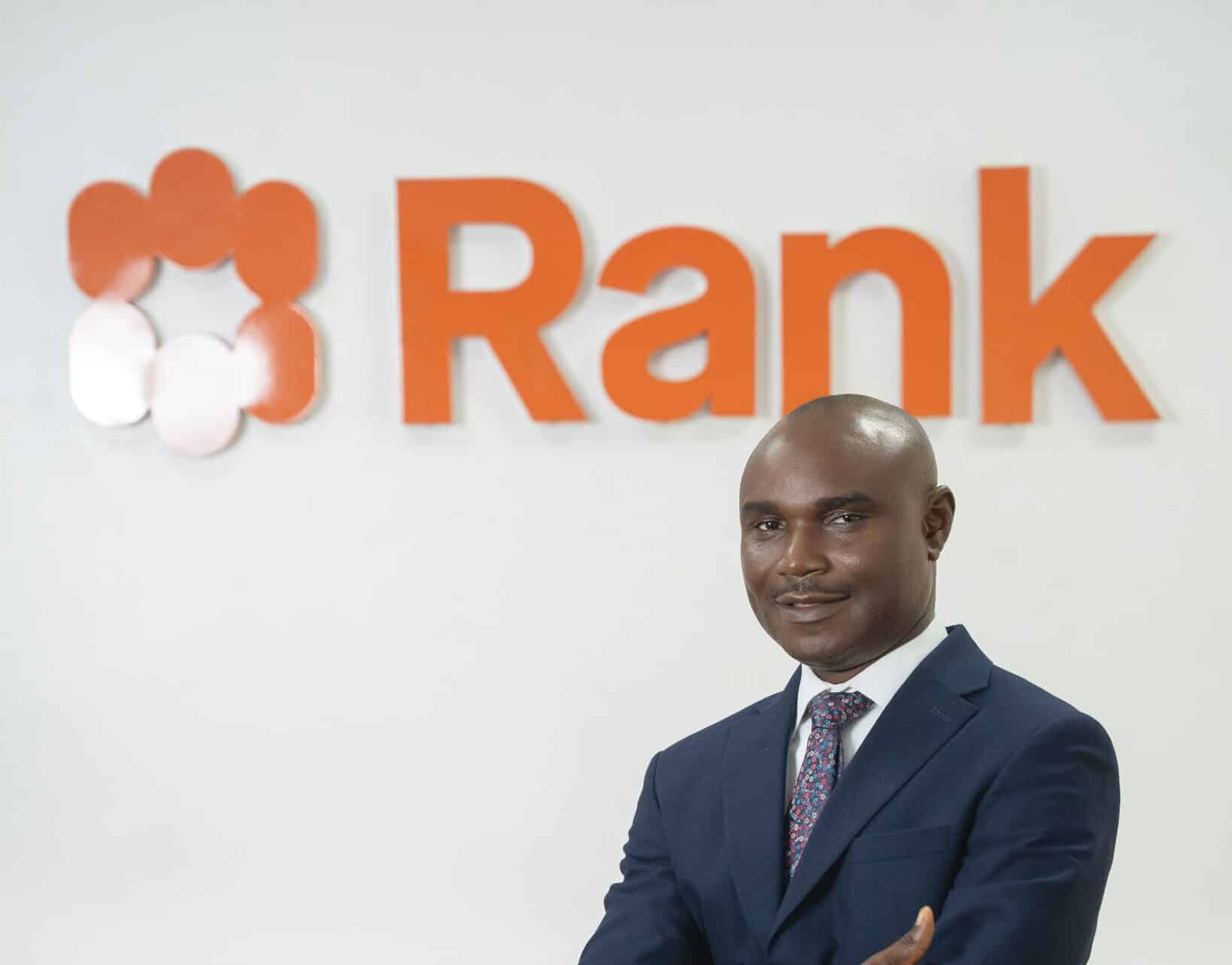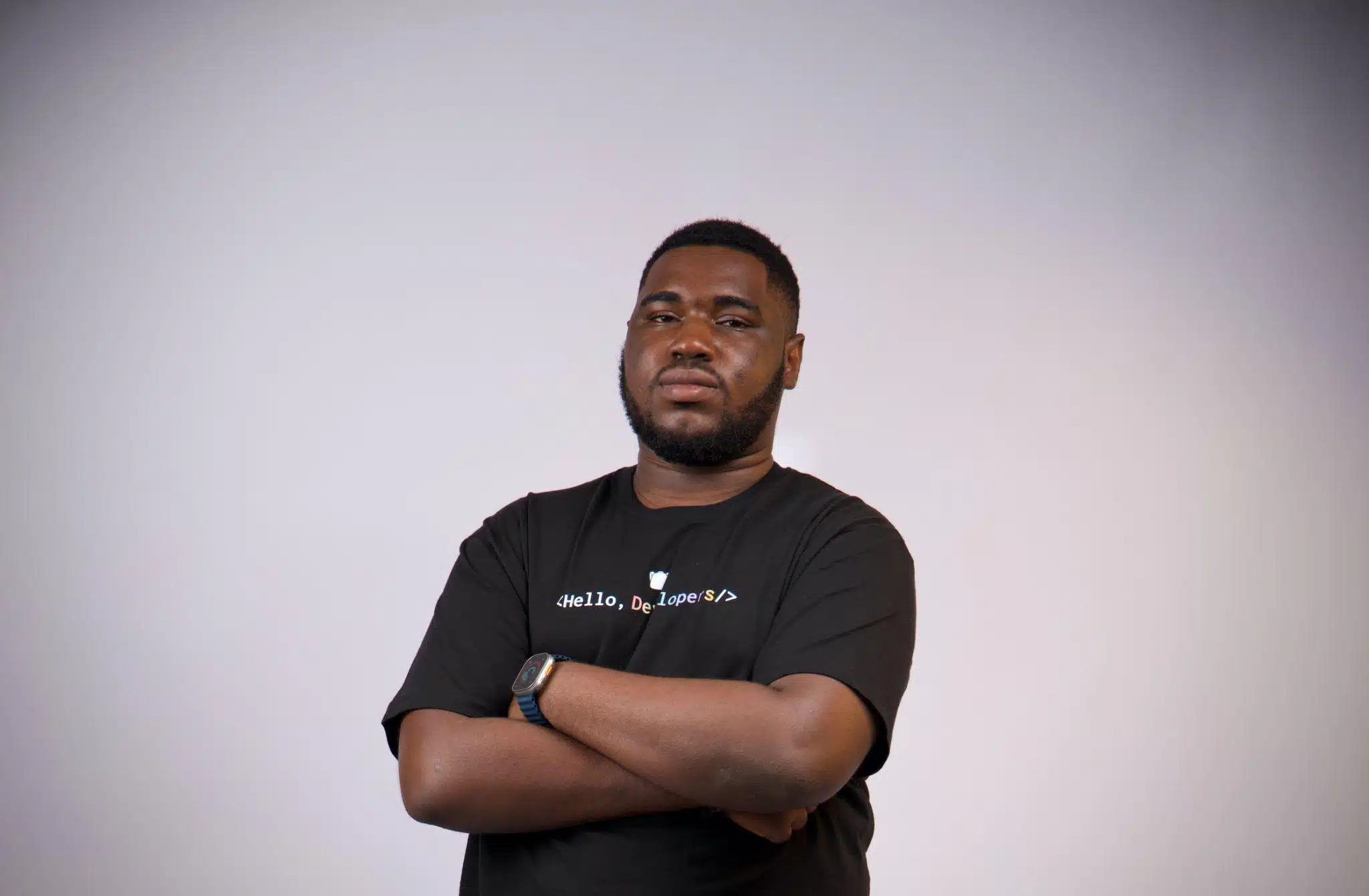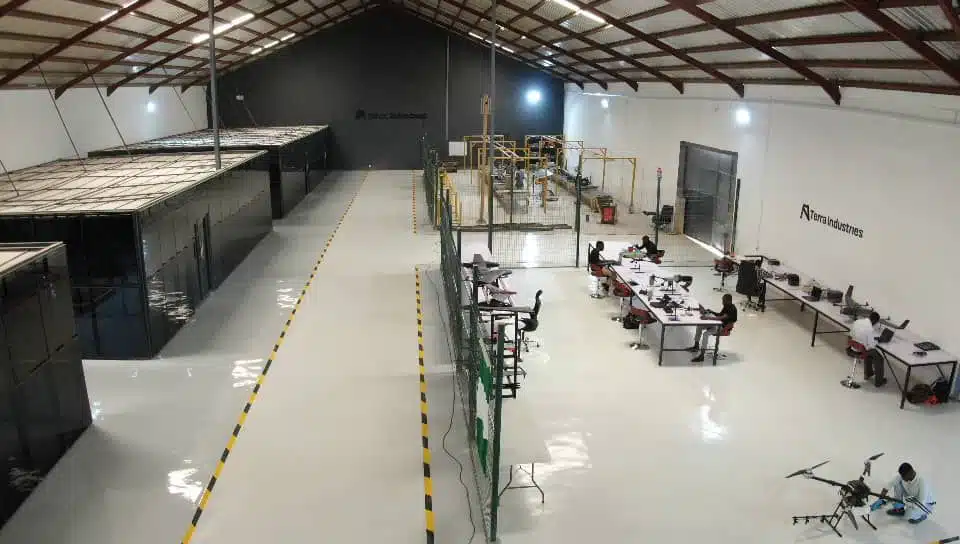Today’s world is powered by digital products. Fintechs have become the backbone of our finances; digital marketplaces power commerce, and almost everything we use is stored in the cloud. In this digitally-powered world, a single bug in a product is all it takes to break trust or cost a company millions.
Quality Assurance (QA) engineers are the professionals standing between chaos and reliability. They rarely take centre stage, yet their fingerprints are present in every seamless user experience.
For Udeme Jalekun, becoming a silent guardian of quality wasn’t just a career path; it was the fulfilment of a lifelong instinct to solve problems before they ever reached the light.
“I wanted to be part of the team that solved the problems, not just the one who receives the issues and then tries to escalate,” Jalekun tells Techpoint Africa.
Her journey is one built on grit, curiosity, and an unwavering commitment to excellence.
A mind drawn to problem-solving
Born and raised on the mainland of Lagos, Jalekun’s earliest interaction with technology was limited to mobile phones, which blew up in the early 2000s.
But her true introduction came much later, after her NYSC, when she joined Venture Garden Group (VGG), a diversified IT solutions company, as a support analyst.
This role placed her at the intersection of multiple business units, such as education technology, fintech, power solutions, and social impact.
“I was surrounded by technology because I was supporting different expressions of technology, whether in education, finance, or health. So I thought, if I’m surrounded by all these people, I should understand their language,” she says.

Victoria Fakiya – Senior Writer
Techpoint Digest
Stop struggling to find your tech career path
Discover in-demand tech skills and build a standout portfolio in this FREE 5-day email course
Jalekun explains that support was reactive. Customers brought the issues they had faced with the product to her, but she wanted to create solutions before problems ever appeared.
This would eventually become the push that led her into Quality Assurance.
Her path reflects a broader trend in Nigeria’s tech landscape, where many professionals begin in customer-facing or support roles, but there’s often no structured pathway into more specialised engineering roles. While QA is becoming more valued, the infrastructure for internal transitions remains weak, leaving self-starters like Jalekun to build their own bridges.
From Support Analyst to Quality Assurance Engineer
Jalekun’s transition to quality assurance began with a customer complaint. A user reported a strange issue in an education technology product; a concern no other user seemed to have.
“I tried to replicate the scenario on my end. I took particular interest in that case,” she recalls.
She called the customer directly, recreated the problem step-by-step, gathered deeper insights, and logged the issue with detailed context.
The turning point came when the QA team member assigned to the ticket was impressed with her approach to logging the ticket and suggested that she transition to a career in quality assurance.
That encouragement sparked Udeme’s transition. She began studying QA concepts on her own, picking up HTML and CSS, dabbling in web design, and digging into the fundamentals of testing. When an internal QA opening appeared, she applied and got in.
Becoming a pillar of quality
Udeme’s impact within the tech ecosystem is broad and deeply practical. Before even becoming a QA engineer, she played a significant role in launching Nigeria’s first online MBA, offered by ABU Distance Learning Centre.
“We hit about 10,000 sign ups in less than three months, and had about 1,000 of those converted into actual students.”
Convincing Nigerians that an online degree was as genuine as an in-person degree was no small feat. Her work helped set the foundation for today’s booming online learning industry.
However, it was in QA that her influence truly flourished.
Within six months of transitioning into QA, she earned the ISTQB CTFL certification, becoming one of the few newly transitioned QA engineers to reach that milestone so quickly.
Her passion for learning evolved into structured teaching; she created learning paths and templates for interns, junior QA professionals, and those transitioning into QA without a computer science background. These templates became official training resources for new team members.
She has held lead QA roles in leading fintechs in Nigeria — from being a Software Quality Assurance Engineer at VigiPay to leading Quality and Engineering at Kippa and Interswitch. Today, she is the Senior Quality Assurance Engineer at Raenest.
She describes her role at Kippa as one of the most challenging.
“That was the highest position I had functioned in at the time. It was completely new to me. I didn’t even think it was possible that the Quality Assurance Engineer could lead an engineering team.”
Although the role was demanding, it prepared her to lead more teams at larger companies, such as Interswitch.
Jalekun calls attention to a differentiating factor between Nigeria’s tech ecosystem and much of the developed world. While globally, engineering teams might have a plethora of roles, in Nigeria, team members are expected to wear many hats.
She describes this as a great environment for learning. “You are expected to know everything and be many things.”
This generalist engineer model is increasingly common in Nigeria, where resource constraints force leaner teams, with quality assurance often sidelined or conflated with other roles. A study comparing software quality assurance in Nigeria and Turkey found that the cost burden is often a hindrance to hiring extra hands to constitute the QA team.
This practice, while accelerating individual growth, can also stretch engineers too thin.
In Jalekun’s case, due to this fast-paced and learning-prone environment, she has grown rapidly. Within six years in QA, Jalekun has played a pivotal role in building and maintaining some of Nigeria’s most widely used products.
For example, she led the end-to-end quality strategy for Quickteller, Interswitch Payment Gateway, and Verve.
“I’ve worked with cross-border payment solutions like Swerve and payment collection applications like Sling that have processed billions in revenue and service over 100 countries.”
The cost of neglecting quality assurance
In building and scaling critical tools in fintech and healthtech, neglecting quality assurance can be catastrophic, resulting in lost revenue and eroding public trust. A global analysis by Tricentis revealed that software failures cost companies $1.7 trillion in financial losses in a single year, affecting over 3.6 billion people worldwide. Poor testing processes were identified as a major contributing factor.
Fintech is especially vulnerable. Payment outages, failed transactions, or incorrect balances can erode user confidence.
For healthtech, the stakes are even higher. A seemingly small software flaw can disrupt patient care, delay access to vital records, or introduce errors into systems that health professionals rely on for decision-making.
Sometimes, these incidents stem from preventable issues that would have been flagged earlier by stronger QA processes and personnel. That’s why companies building essential digital infrastructure must increasingly see quality assurance as a frontend safeguard.
QA provides an early warning system, catching inconsistencies before they reach users and ensuring that the products people depend on for their money or their health remain stable and trustworthy.
Looking ahead
Motivation, for Jalekun, comes from seeing the real impact of her work. It is seeing business owners easily pay staff in multiple currencies globally, or users excited about a new application interface.
It is the transformation in people’s lives that fuels her.
But beyond QA, her greatest passion is knowledge sharing. She has trained and mentored aspiring QA engineers as far back as 2019, long before QA training became a mainstream career path.
Jalekun is not all talk; as the Director of Professional Training and Development at the Association of Nigerian Software Testers (ANST), she has trained and mentored over 300 QA professionals and delivered more than 70 hours of structured content to over 2,000 members nationwide.
Now, she envisions something bigger.
“I’m looking at a complete automation of the upskilling process. In terms of knowledge, training, projects that students work on, and mentorship, like people did for me at certain points in my life. This way, they come out as finished goods with a path set out for them.”
Udeme Jalekun’s journey underscores a critical inflexion point for Nigeria’s entire tech ecosystem. As the Nigerian Software Testing Qualification Board (NGSTQB) has repeatedly stressed, robust QA practices are no longer optional, but foundational for a thriving digital economy.










